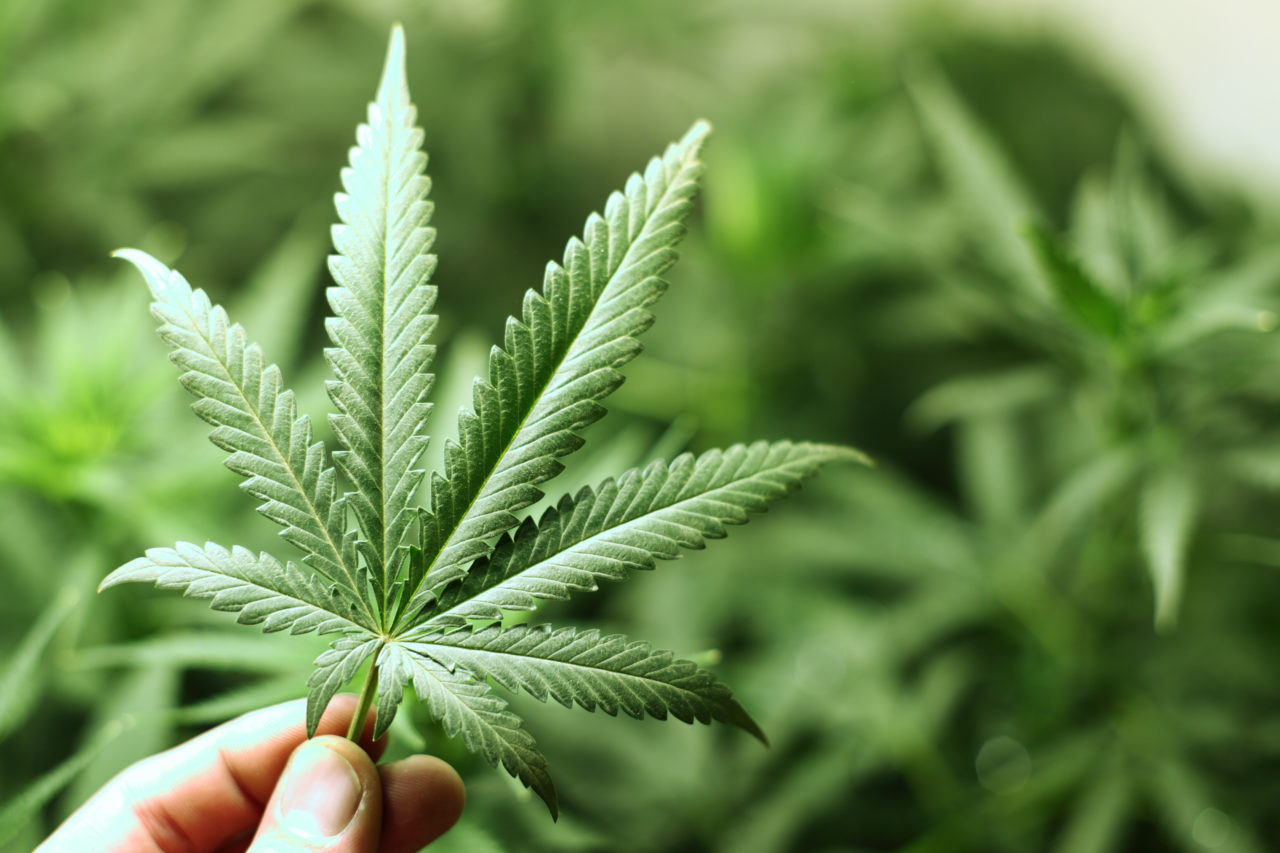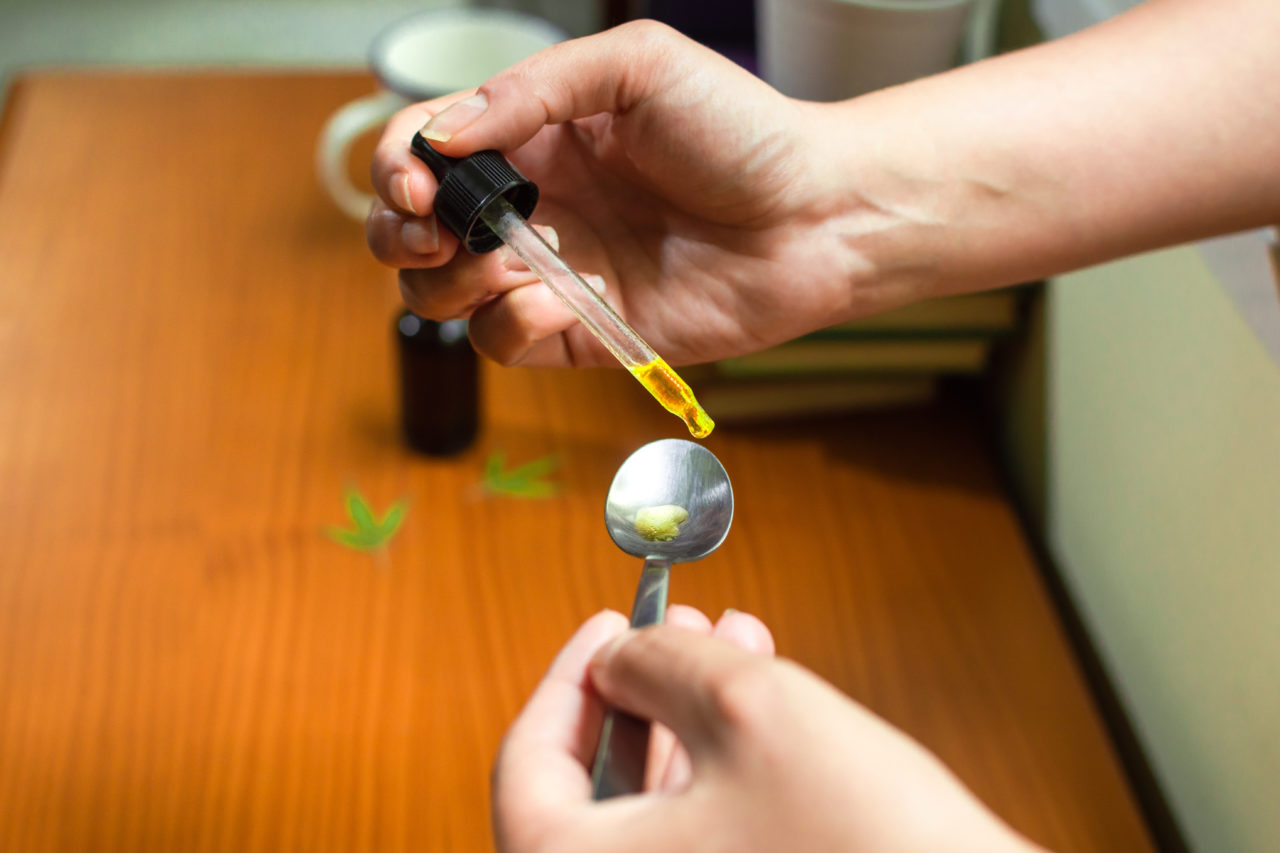Chronic pain is by far the most commonly cited complaint among patients looking to Qualify for Cannabis in Utah. Of the more than 72,000 current cardholders in the state, nearly 60,000 qualify due to chronic pain. But did you know that certain kinds of acute pain also qualify?
Utah regulations discuss persistent and acute pain as being qualifying conditions for medical cannabis. It is interesting that the state prefers the term ‘persistent’ over ‘chronic’ pain. It is probably a good thing that they do. Why? Because Utah’s definition of persistent pain is more liberal than the typical definition of chronic pain.
Pain Lasting More Than Two Weeks
According to the state’s official medical cannabis website, persistent pain is pain that lasts “longer than two weeks that is not adequately managed…despite treatment attempts using conventional medications other than opioids or opiates or physical interventions.”
If you know anything about chronic pain, you know that its definition varies. The general rule is that chronic pain is pain that is experienced either daily or almost daily for a minimum of three months. Utah regulators being willing to go with a persistent pain definition rather than the chronic pain standard makes medical cannabis available to more people who genuinely need it.
Qualifying with Acute Pain
Acute pain is something entirely different. Where chronic pain is experienced regularly over an extended period of time, acute pain is expected to be temporary. It is also the result of some sort of acute condition. An acute condition is one with a quick onset and an expectation of being only temporary.
Here is how the state defines acute pain for the purposes of treating with medical cannabis: “pain that is expected to last for 2 weeks or longer for an acute condition, including a surgical procedure, for which a medical professional may generally prescribe opioids for a limited duration.”
Surgical Pain Is the Classic Example
Surgical pain is the classic example of the type of acute pain Utah regulators were addressing when they expanded the qualifying conditions list. After major surgery, a patient can experience pain severe enough to require a prescription opioid to effectively manage.
That being the case, patient and medical provider might agree that opioids are not the best course of action. They might feel that medical cannabis is a better alternative. The patient can obtain their medical cannabis card in advance of the upcoming surgical procedure. After surgery, the patient can use cannabis instead of opioids.
Cards Are Still a Requirement
Whether a patient experiences chronic or acute pain best treated with medical cannabis, a medical cannabis card is still required by law. Cards are easy enough to obtain after completing an electronic application and visiting a medical provider.
Possessing an active medical cannabis card in Utah gives a patient access to a variety of medicines through pharmacies like ours. Here at Beehive Farmacy, we carry a number of medical cannabis products in a variety of delivery methods. We offer vaporizers and cartridges, medical cannabis flower, infused edibles, cannabis concentrates, and much more. When you visit either our Brigham City or Salt Lake City pharmacies, you also have the opportunity to consult with our on-staff Pharmacy Medical Provider.
Here in Utah, both persistent pain and certain types of acute pain qualify for medical cannabis treatment. If you have any questions about whether or not your pain qualifies, make an appointment to see your medical provider. Together you can then decide the best course of action for finding the relief you need.





